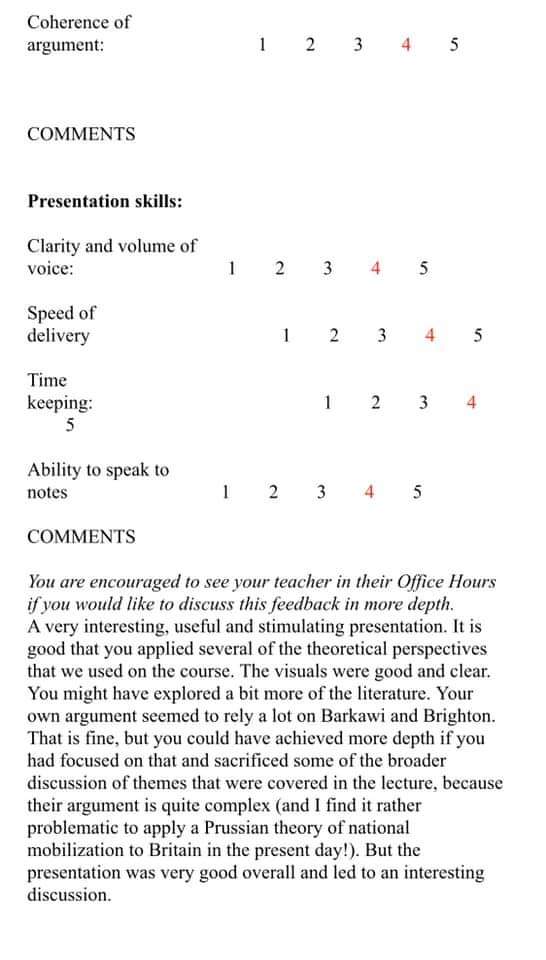Life And People
A Life Lesson -By Gimba Kakanda

Yesterday I met a man, and the encounter has been absorbed as a lesson on how to treat a stranger. It’s a story that would’ve been told differently if I had not let humanity and humility take charge of the situation.
I sighted the middle-aged black man in the library, and noticed that he looked out of place. He was looking round and round the hall, as if searching for a known face, as if lost. Judging from his age, and the fact that he wasn’t fashionably dressed, I concluded he’s probably a campus janitor.
I looked up again and then we locked gazes. I was on the beanbag, my favorite spot in the library, editing slides to be delivered in about an hour. He approached me and greeted with a courteous calmness. I returned his greeting and was about to go back to my work when he asked for help. He spoke with an accent I immediately linked to a Southern African country.
It turned out he’s a student, on an Executive Course. He didn’t know how to access the university website for reading materials. He explained his frustration. I checked the time and how long that disruption would take us, and then nodded to his request. He sat with me as I guided him through from my laptop.
“Are you sure you can do it on your own?” I asked, not because I wanted to repeat the process, but to mask my impatience. Then he said he’d go get his laptop. “God, why?” I cried in my head. He came back and sat beside me on the beanbag. I followed his attempt. He couldn’t do it.
He sensed my wariness of time, and hinted about the snobbishness of students on the campus. “Even the black ones couldn’t even pause to help a brother.”
He said he had approached a few students and all said they were too busy for his ordeal, and this melted my heart. I explained that classism in an elite institution is an everyday reality.
I guided him through again, and he did it. He was pleased, his joy was infectious. But I had to return to editing my presentation. “What are you working on?” He asked.
I almost wanted to tell him to leave me alone this time. But I masked it again.
“The UK foreign policy.”
“That’s an interesting subject, and especially with Brexit charging the atmosphere. Can I see it?”
I nodded. I checked the time, but decided to oblige. I showed him the opening slide.
“Nice,” he said. “Next.”
Next? You’re wasting my time, mister. I clicked next still.
He was amused by the theories I adopted to explain UK’s foreign policy behaviors, especially the foundational Three Circles Theory of Winston Churchill. The aim of my presentation was to come up with how the UK can prevent further decline in the international system.
He disapproved of some of my assertions, and I was almost going to ask if he knew how many well-researched materials I read to arrive at such conclusions. He advised me to approach the grand strategy I expected the UK to adopt through their historic links to their old colonies.
I told him that revitalizing Commonwealth relations is a dead strategy. He grinned, and shook his head. If China could find its way to the heart of Africa this way, he said, Britain only needed to come down this racial hierarchy to re-establish their image in the old colonies.
We edited my slides until it’s time to go. We shook hands and then he handed me his business card. I looked at the position on his card and was struck. He’s a cabinet Minister in a Southern African country, and with expertise in foreign policy.
“It’s an honour meeting you, sir.” I said, struggling not to give away my excitement.
My Foreign Policy professor, who’s hard to please, sent back this feedback after my presentation. He was amused by the positions suggested by the Minister, which we debated fiercely. I emailed the Minister immediately, and he replied with, “It’s the LSE, you don’t expect overt compliment.”
Life teaches us lessons in ways we don’t expect. If I had let my judgment of him interfere with my kindness, I would’ve ignored him. If I had been proud of my own learning, I wouldn’t have acknowledged his suggestions. I went from being a reluctant helper to calling him “sir.”



















